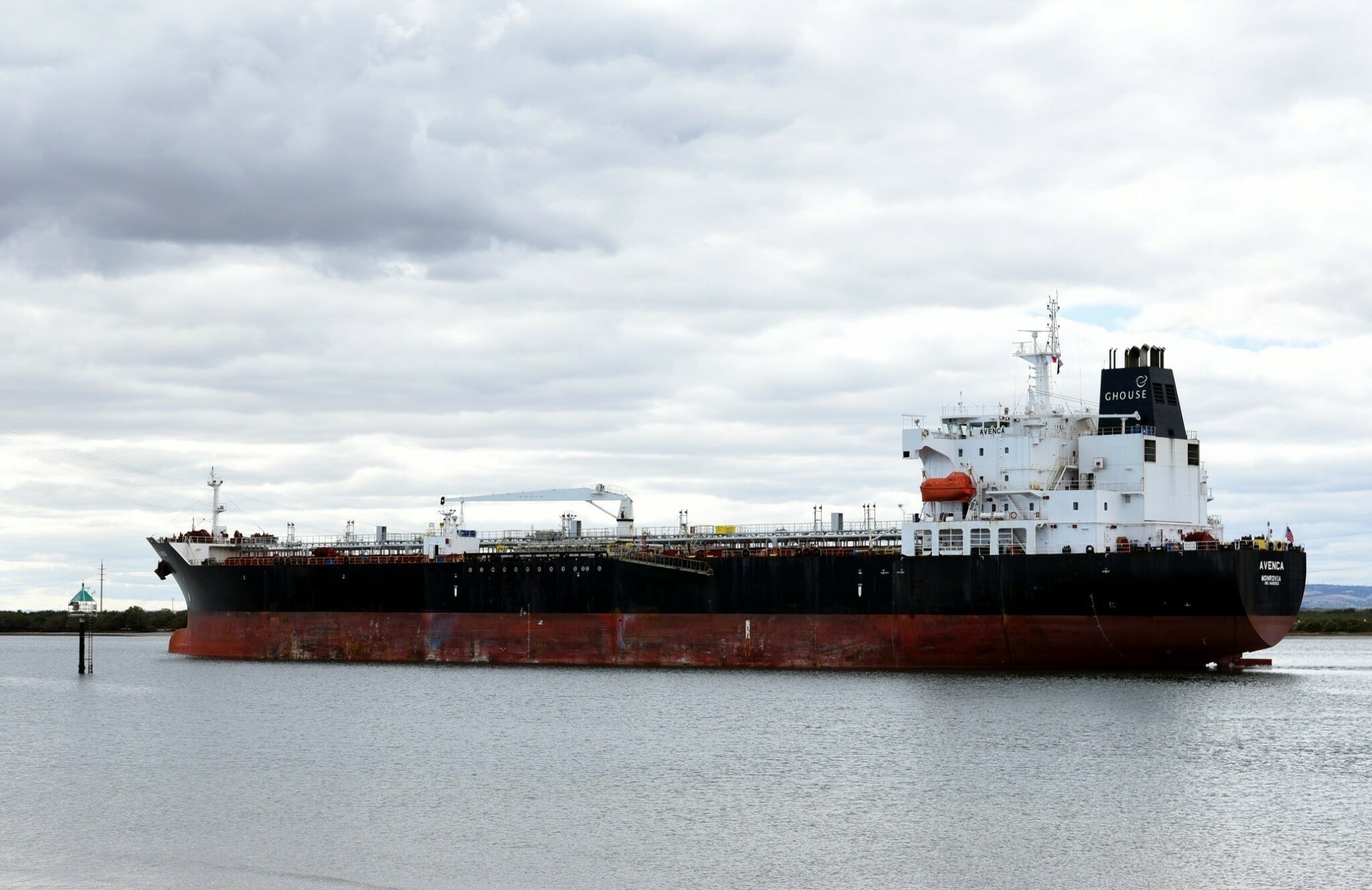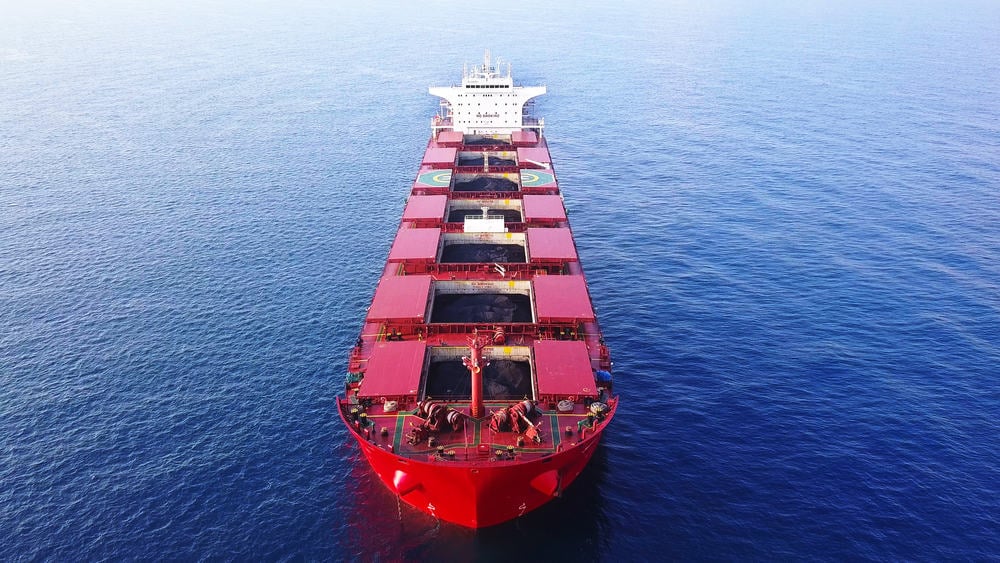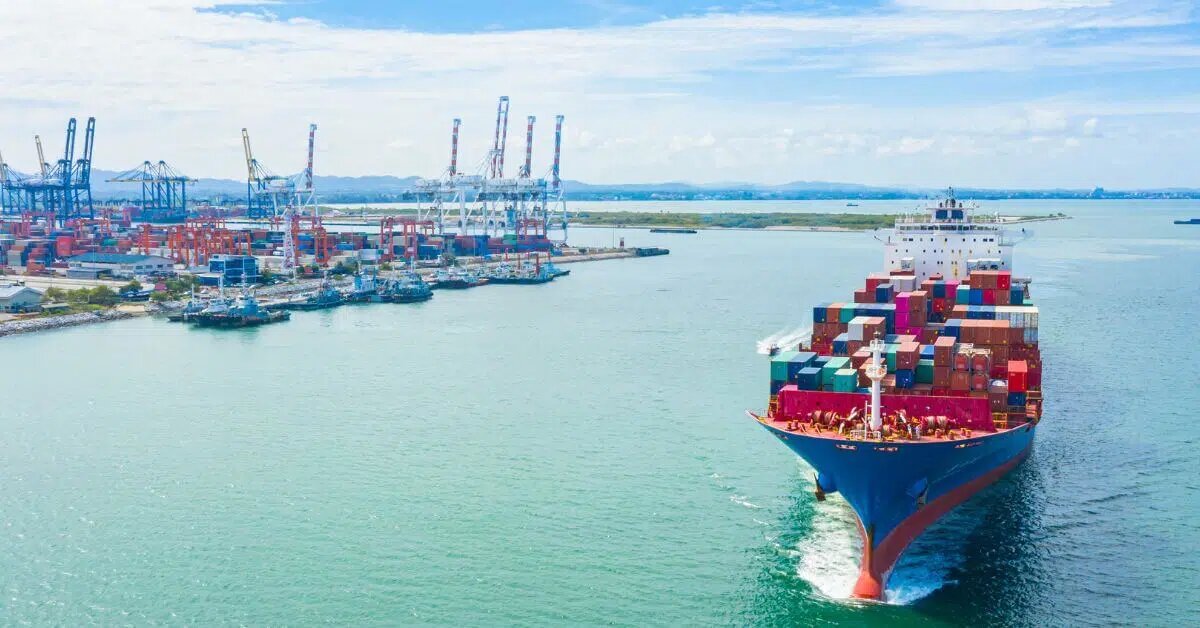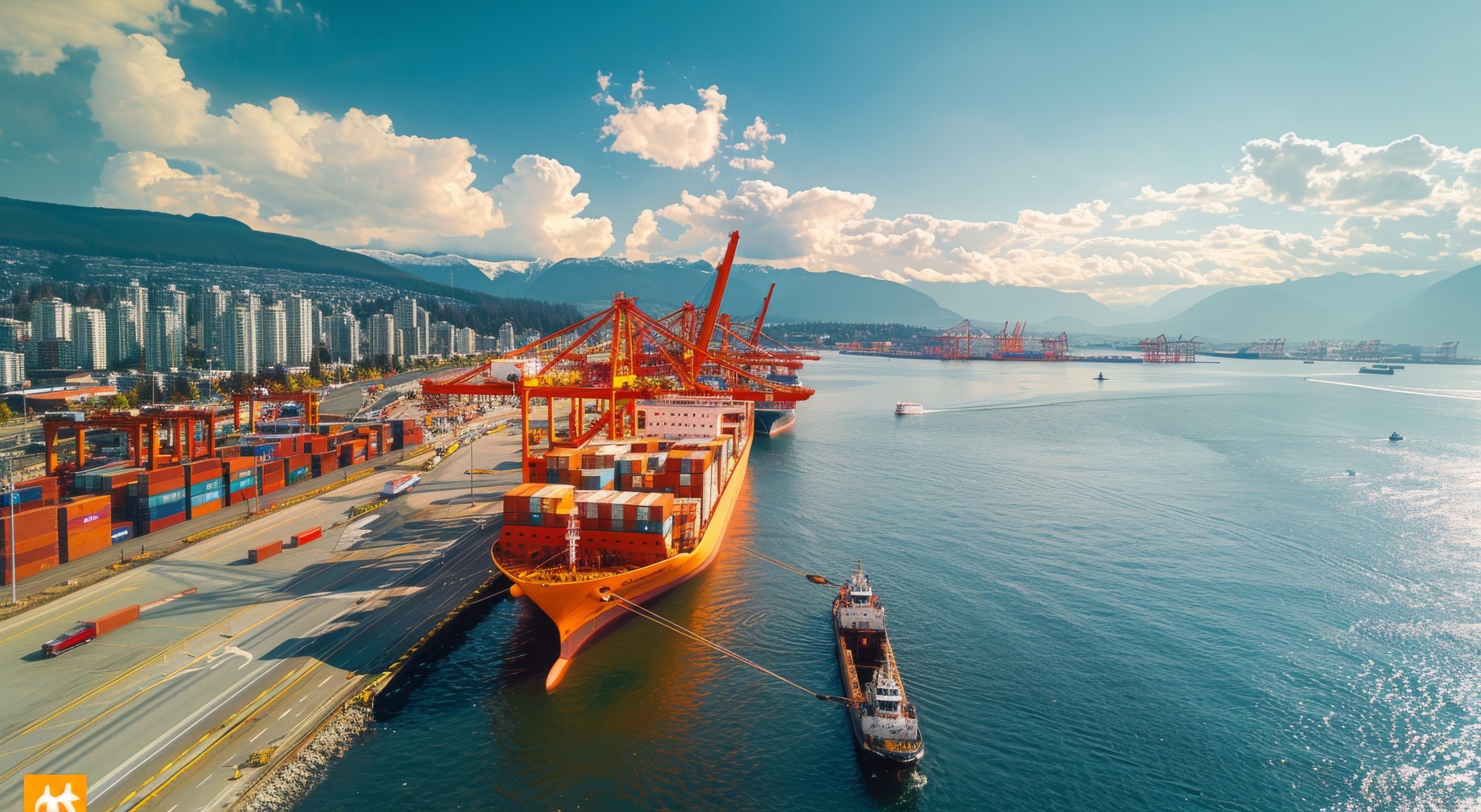London, 6 October (Argus) — Nigerian gasoline imports in September again scraped at least eight-year lows, even with the country’s 650,000 b/d Dangote refinery undergoing maintenance and facing industrial action.
Nigeria received 116,000 b/d of seaborne gasoline last month, down from 154,000 b/d in August, the lowest on Kpler records that began in 2017.
This came even though Dangote undertook maintenance on its gasoline-yielding RFCC unit, had a spate of union-related disruption, and received low amounts of crude.
Net gasoline imports slumped to a new low of 38,000 b/d in September, after cargoes were notably loaded from Dangote for New York Harbor. Total gasoline loadings from Nigeria were their second-highest on record at 77,000 b/d.
Dangote’s RFCC was taken offline on 2 September, according to market participants, and was due to return fully online in early October. Towards the end of September a dispute between the refinery and oil workers’ union Pengassan led to a two-day strike that disrupted natural gas and crude supply. This was resolved at the start of October.
Argus tracking showed 375,000 b/d of crude arrived in September, down from 440,000 b/d in August. But no local gasoline supply shortages were reported in September, and gasoline asking prices at the Dangote refinery were broadly steady around ₦820 /litre (55¢/l).
Naira-denominated domestic gasoline sales were further bolstered by the resumption of the naira-for-crude programme, under which Dangote pays local currency for domestic crude grades sourced from state-owned NNPC, and sells gasoline and diesel to the local market in naira. A one-day suspension of naira gasoline sales by Dangote on 26 September was “amicably resolved”, according to a finance ministry statement.
Dangote said domestic gasoline demand was 40mn l/d (252,000 b/d) in September.
Strength in benchmark non-oxy gasoline barge cracks to Ice Brent crude in the month was in part down to a Dangote RFCC upset reported at the start of September, according to market participants. Non-oxy barge cracks to Brent topped an unseasonable 16-month high of $/bl on 17 September.
West Africa’s largest economy was the world’s fifth largest gasoline importer on a b/d basis in 2024, according to Kpler vessel tracking data, but this has dropped by more than 40pc to 162,000 b/d in January-September. Nigeria is now the eighth largest global gasoline importer. It remains the largest buyer of European gasoline, albeit at half the levels of a year ago.
The EU, UK and Norway delivered 78,000 b/d of gasoline to Nigeria in September, according to Kpler, again a low on the firm’s records. Libya received 89,000 b/d, becoming Europe’s second-largest export market following the US.
By George Maher-Bonnett




